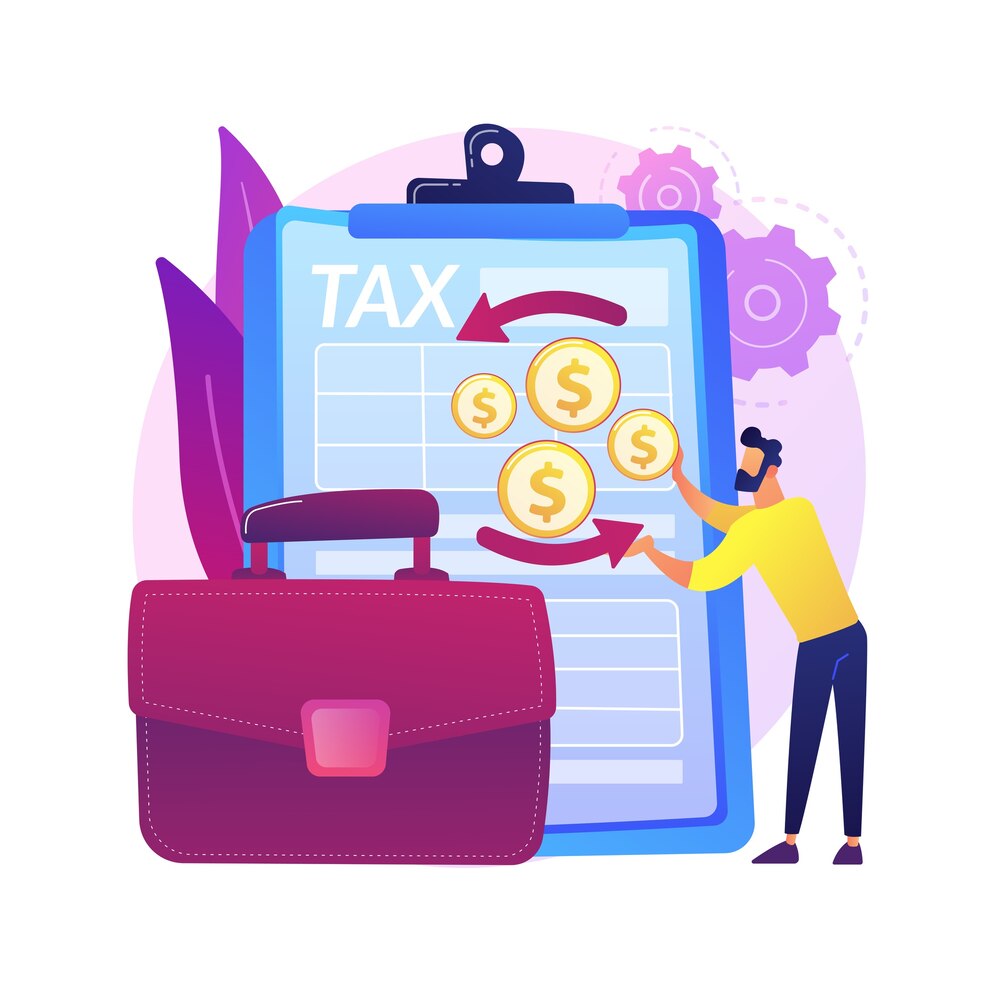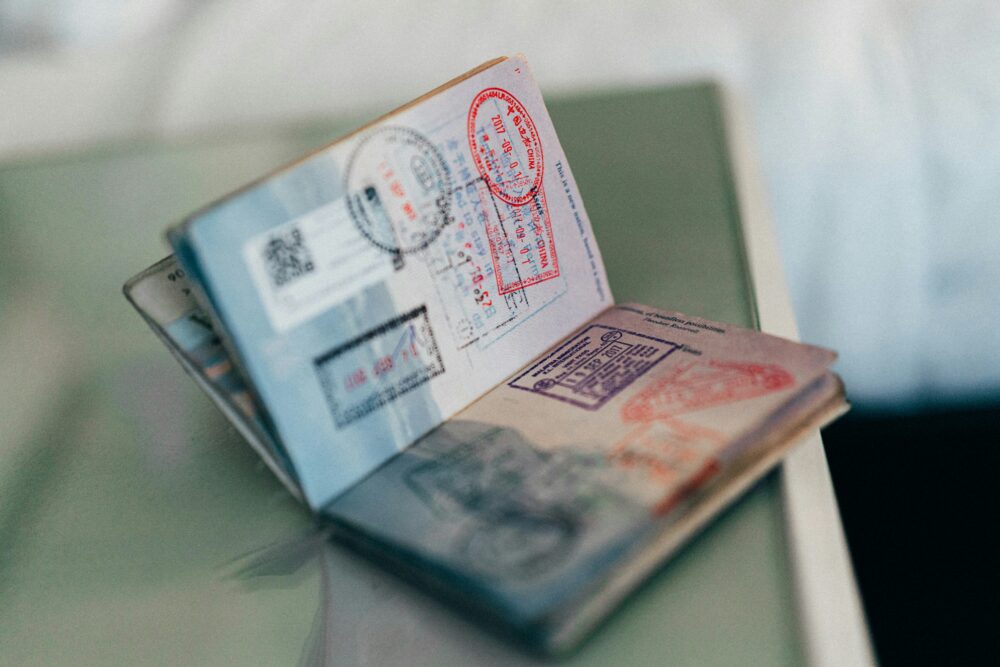For the technical needs, Vietnamese companies usually uses experts from abroad. However, in case of short-term demand, Vietnamese companies will not sign labor contracts with foreigners but will sign labor outsourcing service contracts with foreign companies, then foreign companies will send workers to work in Vietnam. When generating income from work in Vietnam, does that foreign worker have to pay personal income tax in Vietnam or not?

1. The foreign worker’s residency status
For foreign workers, Vietnamese law defines personal income tax (“PI tax“) liability based on whether the employee is a resident or non-resident. Therefore, as a first step, enterprises need to determine whether the foreign worker is a resident or non-resident individual, thereby determining the PI tax payment obligation.
Pursuant to Article 2.2 Decree 65/2013/ND-CP, a resident is a person who meets one of the following conditions:
- Being present in Vietnam for 183 days or more in a calendar year or 12 consecutive months counting from the first date of his/her presence in Vietnam;
- Having a place of habitual residence in Vietnam in either of the following two cases: (i) Having a registered place of permanent residence under the law on residence; or (ii) Having a rented house for dwelling in Vietnam under the law on housing, under a rent contract with a term of 183 days or more in a tax year.
A non-resident individual means a person who does not satisfy any of the conditions issued above (Article 2.3 Decree 65/2013/ND-CP).
2. PI tax payment obligations for outsourced foreign workers
2.1 For foreign workers who are resident individuals
Pursuant to Article 1 Circular 111/2013/TT-BTC, amended by Article 2 Circular 119/2014/TT-BTC, taxable income is income arising inside and outside the territory of Vietnam, regardless of where income is paid. Therefore, the foreign worker will pay PI tax in Vietnam, even though the worker is paid a salary by the foreign company.
Beside that, in case the employee is a resident of a country that has signed a double taxation avoidance agreement with Vietnam, priority must be given to applying the provisions of the agreement to determine PI tax payment obligations. Pursuant to Article 31.1 Circular 205/2013/TT-BTC guiding the implementation of double taxation avoidance agreements between Vietnam and other countries, an individual who is a resident of the Agreement with Vietnam with income from employment activities in Vietnam will have to pay income tax on such income in Vietnam in accordance with regulations current personal income tax of Vietnam.
2.2 For foreign workers who are non-resident individuals
Pursuant to Article 1 Circular 111/2013/TT-BTC, amended by Article 2 of Circular 119/2014/TT-BTC, taxable income is income arising in Vietnam, regardless of where income is paid and received. Therefore, foreign workers will pay PI tax in Vietnam because their income arises from hired employment in Vietnam.
Beside that, in case the employee is a resident of a country that has signed a double taxation avoidance agreement with Vietnam, priority must be given to applying the provisions of the agreement to determine PI tax payment obligations.
According to Vietnamese law, foreign workers still have to pay tax in Vietnam, but in some agreements between Vietnam and other countries, there are still cases where non-resident individuals are exempt from paying PI tax in Vietnam. Article 31.2 Circular 205/2013/TT-BTC guiding the implementation of double taxation avoidance agreements between Vietnam and other countries, his/her remuneration from the employment in Vietnam shall be exempt from income tax in Vietnam if:
- That individual is present in Vietnam for less than 183 days in a period of 12 months starting or ending within the taxable year concerned; and
- The employer is not a resident of Vietnam, regardless of whether that remuneration is directly paid by the employer or through the employer’s representative; and
- This remuneration is not borne and paid by the Vietnam-based permanent establishment set up by the employer.
Disclaimers:
This article is for general information purposes only and is not intended to provide any legal advice for any particular case. The legal provisions referenced in the content are in effect at the time of publication but may have expired at the time you read the content. We therefore advise that you always consult a professional consultant before applying any content.
For issues related to the content or intellectual property rights of the article, please email cs@apolatlegal.vn.
Apolat Legal is a law firm in Vietnam with experience and capacity to provide consulting services related to Employment and contact our team of lawyers in Vietnam via email info@apolatlegal.com.





































